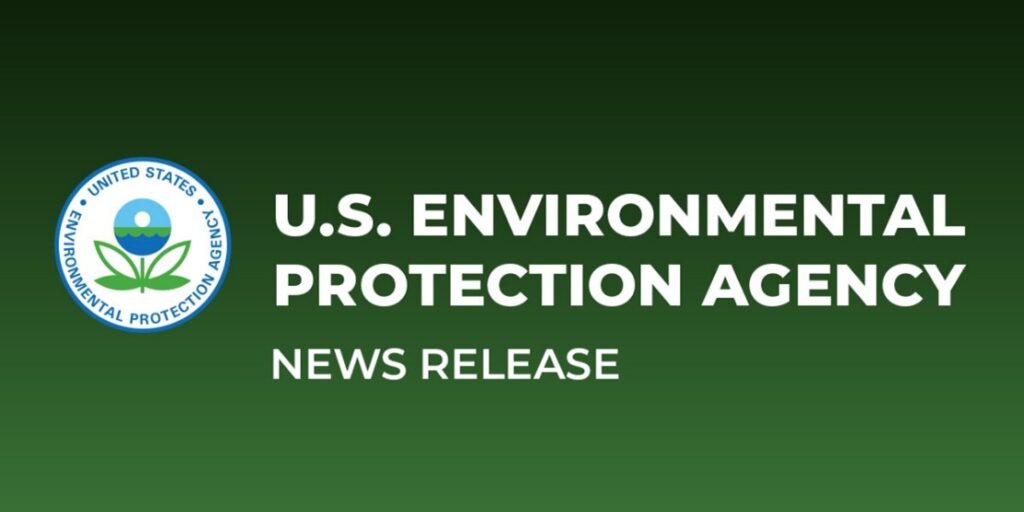The Environmental Protection Agency (EPA) recently proposed a new rule that limits the amount of PFAS, also known as “forever chemicals,” in drinking water. PFAS are correlated to cancer, high cholesterol, birth defects, infertility, weakened childhood immunity, endocrine disruption, weight gain, and more. These man-made chemicals are found in 99.9 percent of the population’s blood.
The EPA said, “This rule will prevent thousands of deaths and reduce tens of thousands of serious PFAS-attributable illnesses.”
The new regulations will require PFAS to be at zero parts per trillion or unitless in public water. The EPA says the changes will keep people safe and are aiming to complete regulation standards by the end of 2023.
Patrick Berge, a city Public Works Director, said, “If the EPA imposes these new regulations, Public Works will have to figure out how to filter the PFAS out of the water and dispose of them safely. That would be an expense to the rate-payer. You can be talking anywhere from a few million to tens of millions.”
Ben Harris, a Utility District General Manager, said, “It will cost millions,” and that it would be difficult to follow.
The EPA stated that the alterations are crucial to ensure the safety of individuals from PFAS. The agency intends to achieve the final regulation by the conclusion of this year.
________________
Reynolds Water Conditioning was established in 1931 and is Michigan’s oldest water conditioning treatment company. Still owned and operated by the Reynolds family, we take pride in providing the highest quality products at a cost-effective price. If your tap water lacks the quality you deserve, contact us today at 800-572-9575.
Written by the digital marketing team at Creative Programs & Systems: https://www.cpsmi.com






